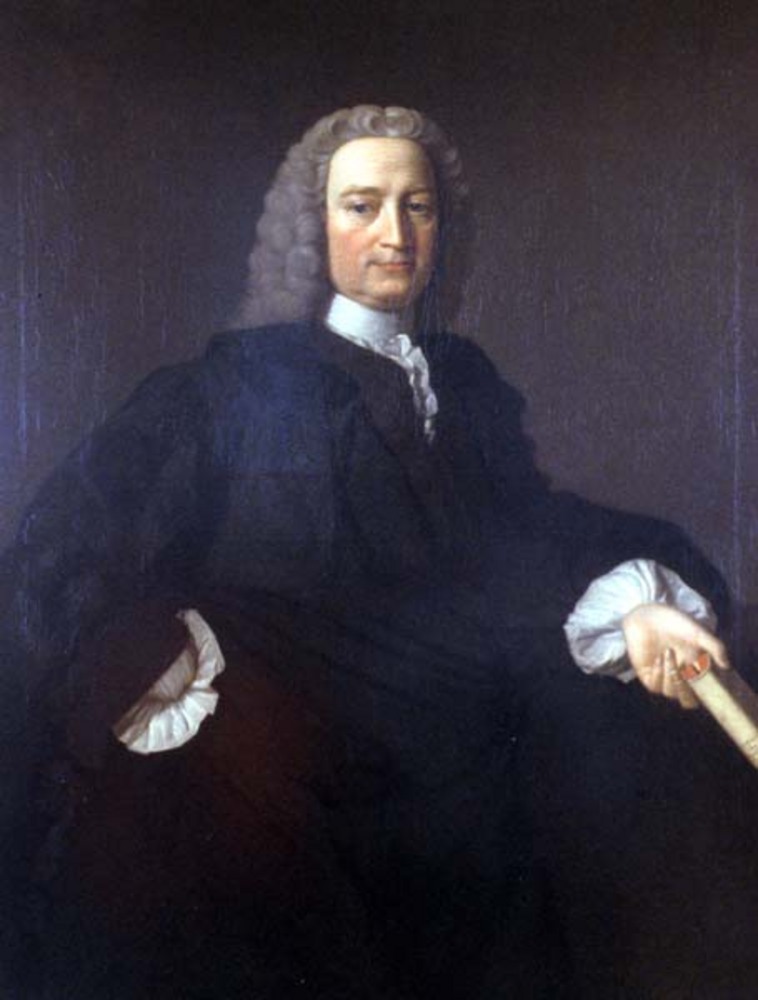Francis Hutcheson foi um teólogo presbiteriano e filósofo irlandês . Conhecido pelas suas teses sobre Ética e por ter sido professor e fonte de inspiração de Adam Smith, Francis Hutcheson é um exemplo paradigmático da transição do puritanismo Calvinista para uma teologia mais tolerante e pró-modernidade. Em grande contraste com as ideias de Hobbes, um premonitor do nihilismo o qual vê na luta política uma luta de "todos contra todos", Hutcheson preconiza uma filosofia do progresso comum, de indivíduos cooperantes. O bem-estar dos outros é também o meu bem-estar. A forma suprema da minha felicidade é a minha acção em prol do bem-estar dos outros. Hutcheson terá sido um dos primeiros liberais europeus, propondo a visão de uma sociedade livre, onde há a maximização possível das liberdades pessoais com o objectivo da felicidade comum.
A sua frase "A melhor acção é aquela que produz a maior felicidade para o maior número" traduz a inspiração que Hutcheson produziria para gerações de filosofos da linha utilitarista tais como Jeremy Benthan e John Stuart Mill. Francis Hutcheson é também um dos principais responsáveis pelo triunfo do Iluminismo na Escócia.
Wikipedia
✵
8. Agosto 1694 – 8. Agosto 1746
